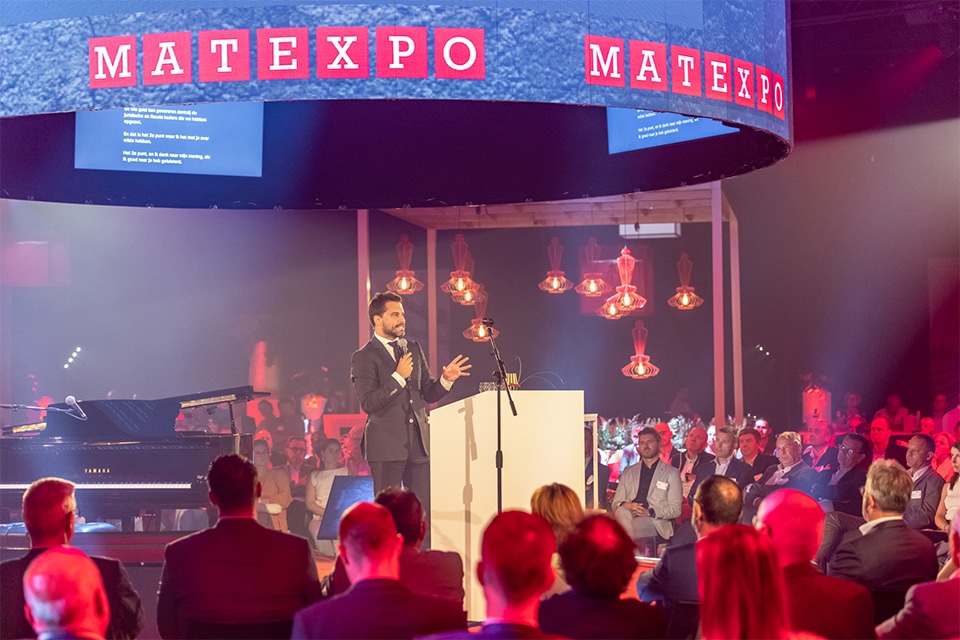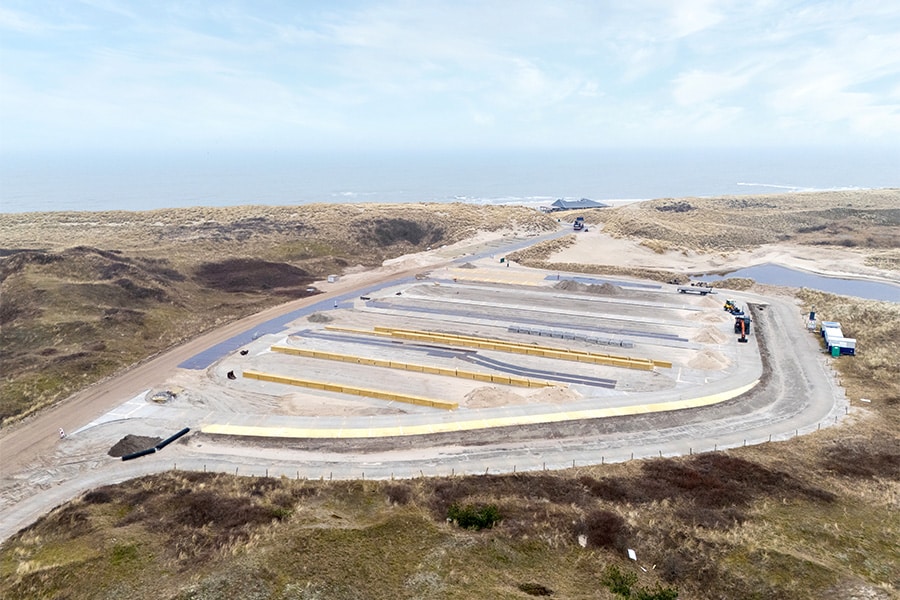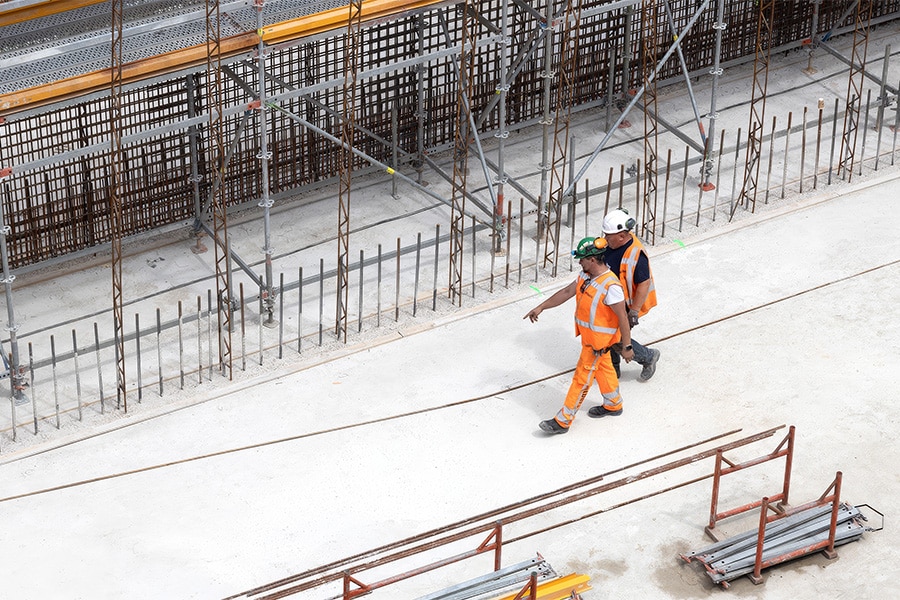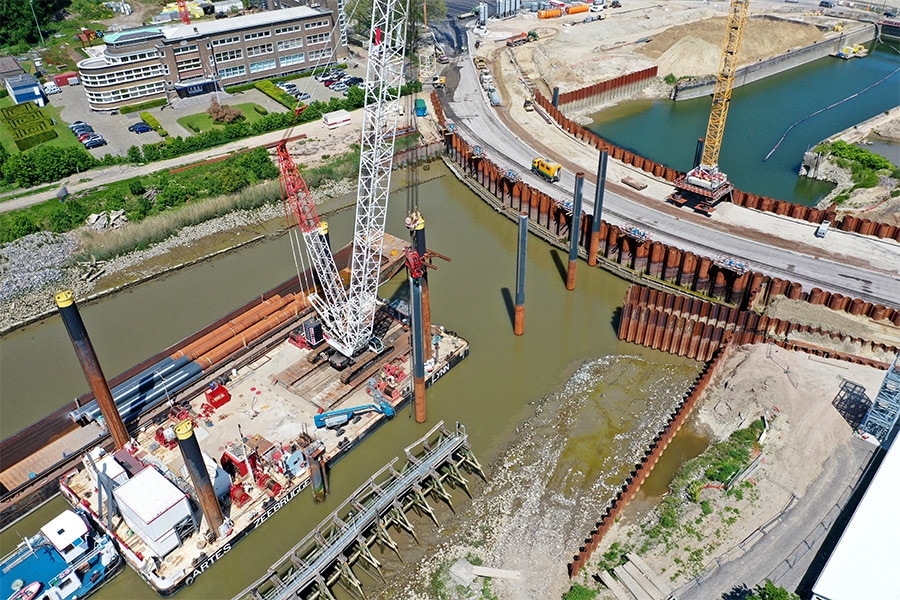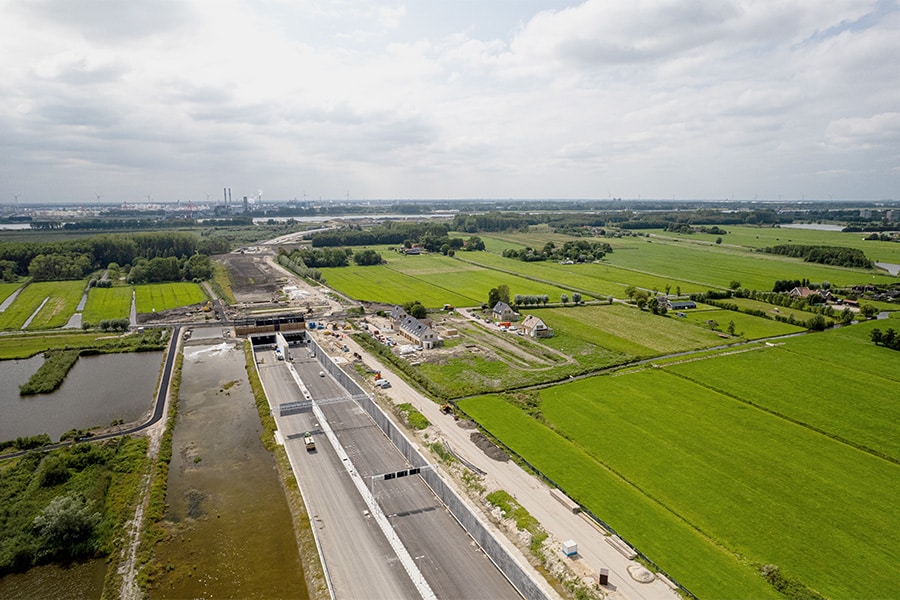
Renovate with maximum availability
The infrastructure sector faces a huge task in the coming years. Given the current state of the area, the focus is more on renovation than new construction. The aim is to tackle this task with minimum disruption and maximum availability. Technological developments can be of great value, as ICT Group recently proved with its contribution to the upgrade of the Hubertus Tunnel and the construction of an integral control system for the Vallei & Veluwe Water Board.
"We see that a renovation or upgrade of an object in infrastructure is increasingly being approached from an asset management approach. And that is positive," says Roel de Backer, Division Director Industry & Infra at ICT Group. "Renovation has a different complexity; you always strive for maximum availability of the critical assets. With the upgrade of the Hubertus Tunnel, for example, we are making sure that the operation and control system is delivered residue-free before the tunnel is closed for nine months at the end of July 2025." ICT Group has previously carried out a similar exercise for the Maas Delta Tunnel and the Holland Tunnel on the A24 Blankenburg connection.
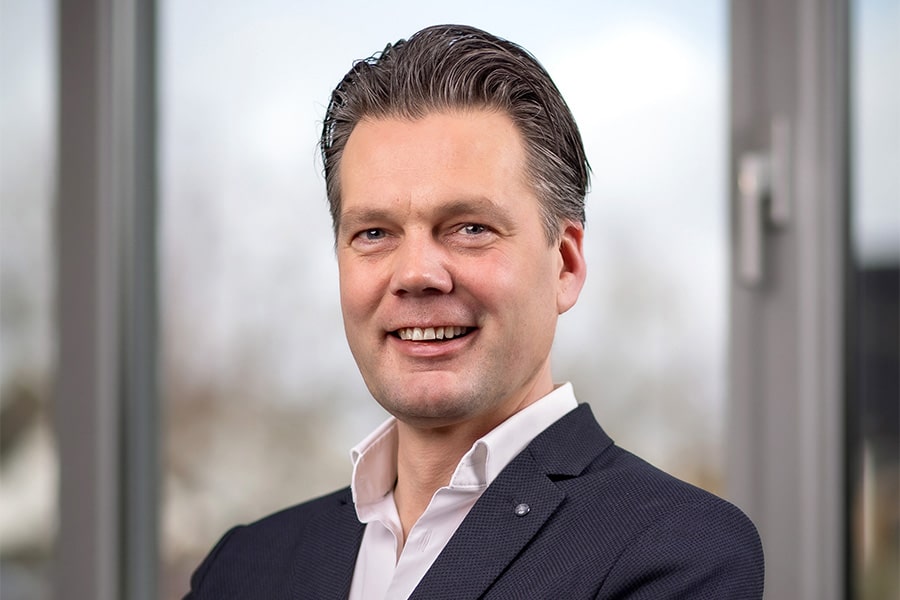
Operational excellence
According to Roel, water boards have been standardizing operating and control systems for some time. "A good example of this is the standardization of the control of sixteen water treatment plants and almost one hundred sewage pumping stations of Water Board Vallei & Veluwe. We replaced all separate environments with a single new application that, in terms of look and feel, is much more like a clear multidisciplinary dashboard than a complicated operational system. We rolled that out across all the plants. The effect of that is huge," says Roel. "The system is much more manageable and easier for the operator to operate. That together ensures higher operational availability." Standardization in automation is also an emerging trend in the energy market. "In view of the energy transition, there is still a huge task there as well."
Cooperation in the chain
Because of technological advances, you also see a shift in functions between things you solve civil-technical, ict-technical and electrical-technical, notes Roel. "If we look a little further ahead, we see that cars are getting smarter and smarter and may be 'connected' with smart traffic control systems in the future. From ICT Group, we are involved in the development of smarter cars. These will communicate more among themselves, but also with roadside systems. Cooperation with all partners in the chain is necessary to realize our social ambitions."
Preventive maintenance
"We also see that preventive maintenance is becoming much more hands on, where we can anticipate much better based on data from an installation," says Roel. "Information technology is used to monitor objects in terms of availability and performance. In addition to the knowledge of automation and digitalization, the expertise of our sister company INNOCY, a consultancy in the field of Life Cycle Management, comes in handy here." Of course, cybersecurity is also a hot topic and legislation in this area is constantly changing. ICT Group has further expanded its knowledge in this area partly through the acquisition of TriOpSys, a specialist in data management and cybersecurity of IT systems. "At InfraTech 2025 we will discuss this in detail."
ICT Group believes it is important to bring the market together and likes to invest in knowledge sharing. The annual ICT Group Water Congress is a fine example of this and has become a household name in the sector. The 2024 edition was dedicated to resilient water systems with plenty of attention to automating and digitizing the water domain. "We are going to organize a similar knowledge event in 2025 in the field of Industry 5.0," says Roel. "Because we really need each other to meet the challenges in the infra sector in the coming years."
